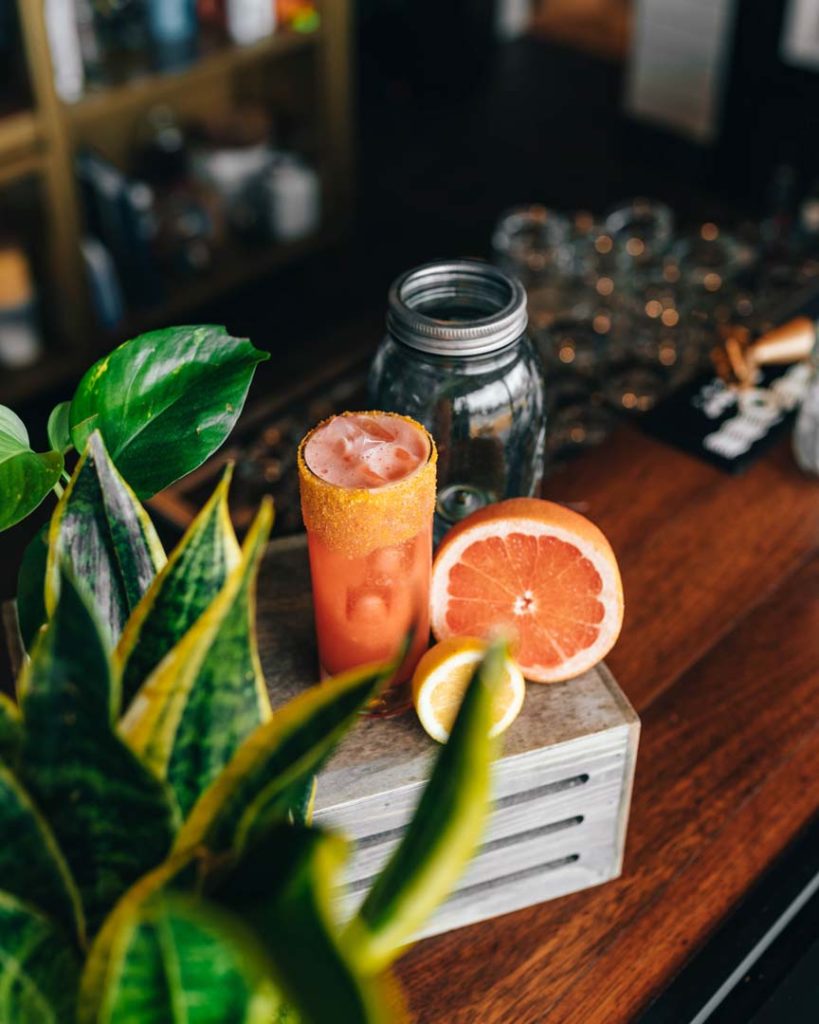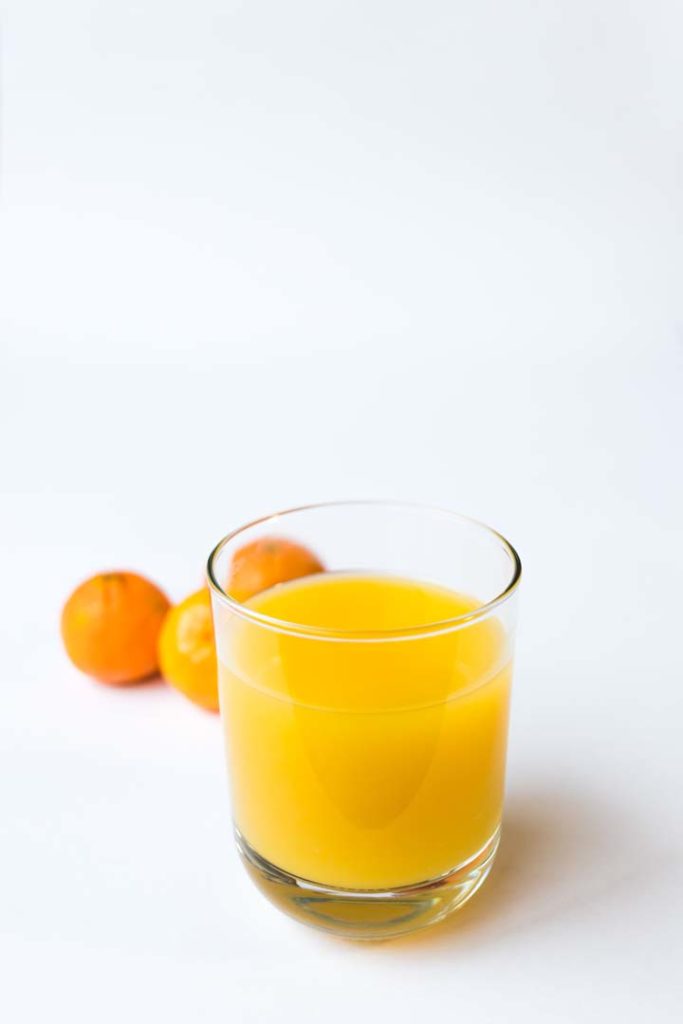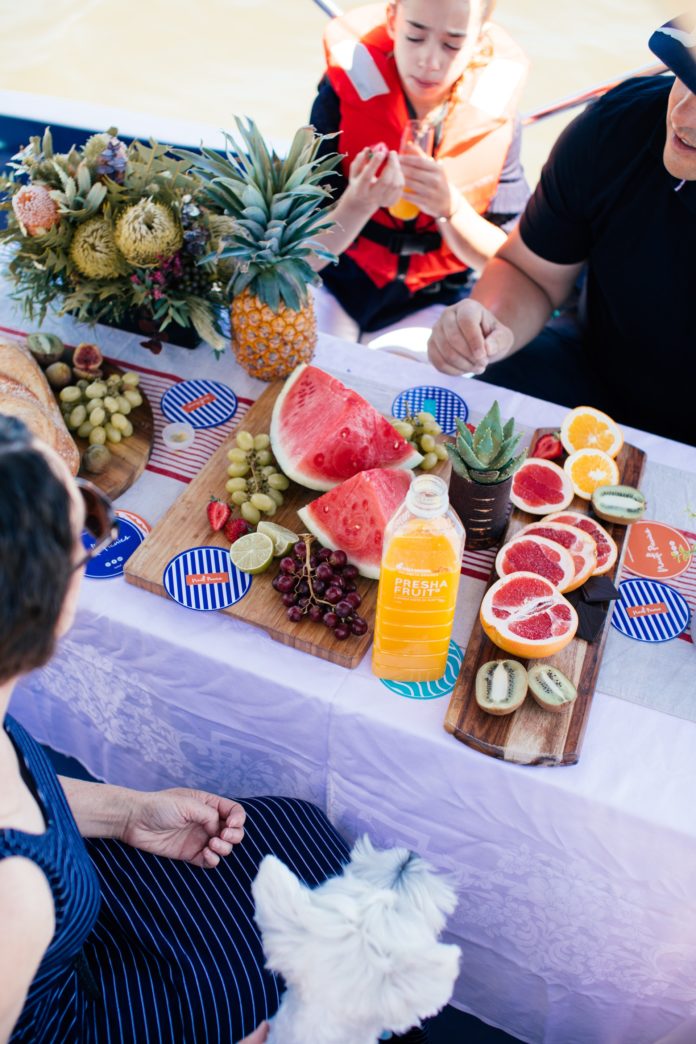Grapefruit juice interacts with calcium channel blockers (including Calan, Procardia, Nifedipine, and Verapamil), cholesterol control medications, some psychiatric medications, estrogen, oral contraceptives, and many allergy medications (Seldane, Hismanal). The juice modifies the body’s way of metabolizing the medication, affecting the liver’s ability to work the drug through a person’s system.

Orange juice shouldn’t be consumed with antacids containing aluminum. ‘The juice increases the absorption of the aluminum. Orange Juice and milk should be avoided when taking antibiotics. The juice’s acidity decreases the effectiveness of antibiotics, as does milk.
Milk also doesn’t mix with laxatives containing bisacodyl (Correctol and Dulcolax). You might find the laxative works a little “too well” in the morning.
Large amounts of oatmeal and other high-fiber cereals should not be eaten when taking Digoxin. The fiber can interfere with the absorption of the drug, making the act of swallowing the pill a waste of time.
However, don’t stop eating your cereal right away, because that could cause Digoxin levels in your system to soar to toxic levels. A professional should make the dietary changes after carefully examining the digoxin levels.

Leafy green vegetables, high in vitamin K, should not be taken in great quantities while taking Coumadin. These vegetables could totally negate the effects of the drug and cause blood clotting.
Caffeinated beverages and asthma drugs taken together can cause excessive excitability. Those taking Tagamet (Cimetidine), quinolone antibiotics (Cipro, Pentorex, Noroxin) and even oral contraceptives should be aware these drugs may cause their cup of coffee to give them more of a jolt than they expected.
Grilled meat can lead to problems for those on asthma medications containing theophylline. The chemical compounds formed when meat is grilled somehow prevent this type of medication from working effectively, increasing the possibility of an unmanageable asthma attack.
© Copyright – Hector Sectzer

















